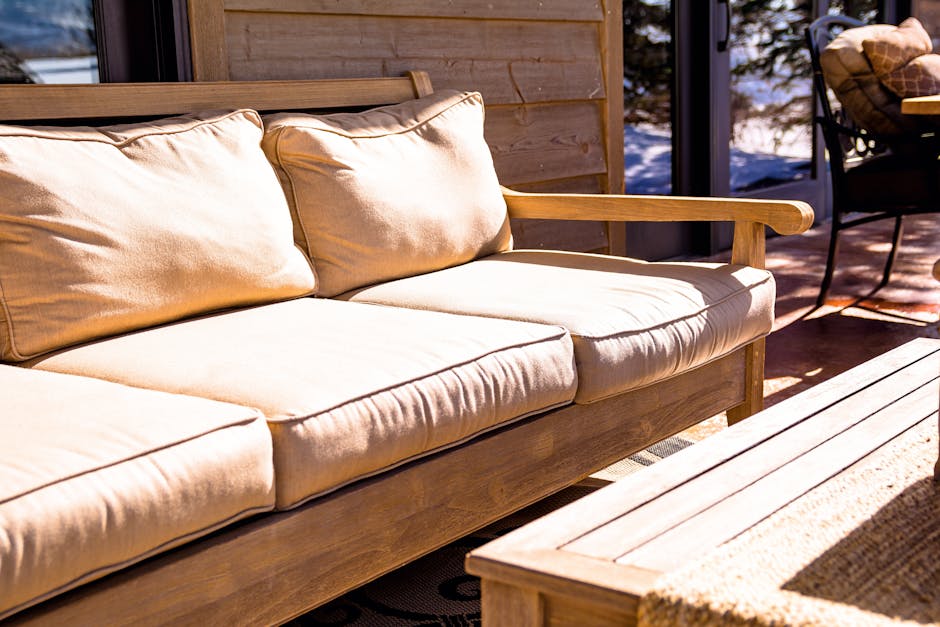The Psychology of Outdoor Spaces: Why Good Outdoor Living Design Matters
Introduction
Our connection to nature is deeply ingrained. The spaces we inhabit, particularly our outdoor living areas, have a profound impact on our mental and physical well-being. Good outdoor living design goes beyond aesthetics; it taps into fundamental psychological needs, influencing our mood, stress levels, and overall quality of life. This article explores the psychology behind outdoor spaces and why investing in well-designed outdoor living is crucial.
The Psychological Benefits of Outdoor Spaces
Reduced Stress and Anxiety
Spending time outdoors has been proven to lower cortisol levels, the hormone associated with stress. Outdoor environments offer a natural escape from the pressures of daily life. A well-designed outdoor space can amplify this effect by creating a tranquil and inviting atmosphere.
- Nature’s Calming Effect: The sights, sounds, and smells of nature trigger relaxation responses in the brain.
- Mindfulness and Presence: Outdoor spaces encourage us to be present in the moment, reducing rumination and anxiety.
- Sunlight Exposure: Sunlight boosts serotonin levels, which contributes to feelings of happiness and well-being.
Improved Mood and Emotional Well-being
Outdoor spaces stimulate the release of endorphins, natural mood boosters. A thoughtfully designed outdoor area can further enhance emotional well-being by providing opportunities for social interaction, relaxation, and engagement with nature.
- Social Connection: Outdoor living areas facilitate social gatherings and strengthen relationships.
- Sense of Accomplishment: Maintaining a garden or outdoor space can provide a sense of purpose and achievement.
- Aesthetic Appreciation: Beautiful outdoor spaces inspire awe and appreciation, contributing to positive emotions.
Enhanced Cognitive Function
Exposure to nature has been linked to improved cognitive function, including attention span, memory, and creativity. Outdoor spaces offer a stimulating environment that promotes mental clarity and focus.
- Attention Restoration Theory: Nature helps restore attentional fatigue, allowing us to focus better after spending time outdoors.
- Increased Creativity: Outdoor environments can spark creativity and inspire new ideas.
- Improved Memory: Studies have shown that spending time in nature can improve memory performance.
Elements of Good Outdoor Living Design and Their Psychological Impact
Nature Integration
Bringing nature into your outdoor space is paramount. This involves incorporating plants, water features, and natural materials to create a seamless connection with the surrounding environment.
- Biophilic Design: Incorporating natural elements into design promotes well-being and reduces stress.
- Sensory Stimulation: Plants, water, and natural textures engage our senses, creating a richer and more rewarding experience.
- Seasonal Changes: Observing the changing seasons in your outdoor space connects you to the natural world and provides a sense of rhythm and continuity.
Comfort and Functionality
A well-designed outdoor space should be comfortable and functional, catering to your specific needs and lifestyle. This includes providing comfortable seating, adequate shade, and appropriate lighting.
- Ergonomics: Comfortable furniture promotes relaxation and encourages you to spend more time outdoors.
- Protection from the Elements: Shade structures and windbreaks create a more comfortable and usable space, regardless of the weather.
- Accessibility: Easy access to and from the house makes the outdoor space more inviting and convenient.
Privacy and Security
Creating a sense of privacy and security is essential for feeling comfortable and relaxed in your outdoor space. This can be achieved through the use of landscaping, fencing, and other design elements.
- Visual Barriers: Hedges, fences, and screens provide privacy from neighbors and passersby.
- Defined Boundaries: Clear boundaries create a sense of security and ownership.
- Safety Features: Adequate lighting and secure pathways enhance safety and peace of mind.
Conclusion
The psychology of outdoor spaces is undeniable. Investing in good outdoor living design is an investment in your well-being. By incorporating natural elements, prioritizing comfort and functionality, and ensuring privacy and security, you can create an outdoor oasis that promotes relaxation, reduces stress, and enhances your overall quality of life. So, consider the psychological impact of your outdoor space and design it with intention to reap the numerous benefits it offers. Search for “outdoor living design near me” to find local professionals who can help you create your dream outdoor haven.














Post Comment